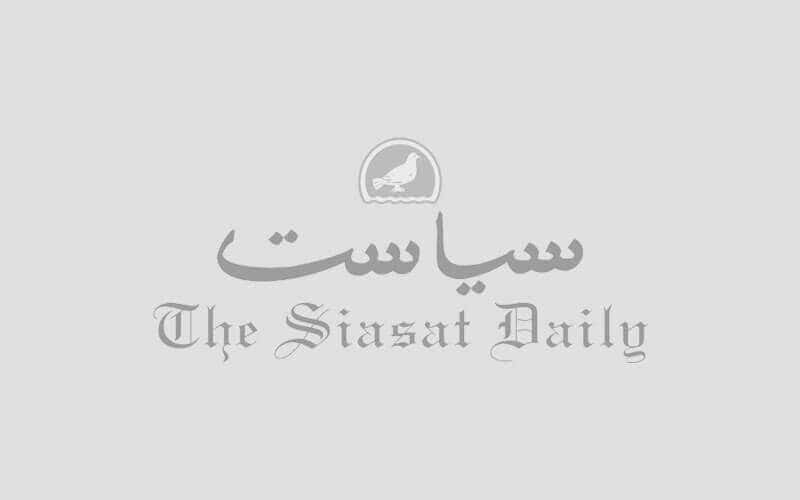Baghdad: Iraqi government forces said today they had retaken almost all the areas disputed between Baghdad and the autonomous Kurdistan region following a sweeping advance into oil-rich Kirkuk province in response to an independence vote.
The retreat of Kurdish forces, almost without a fight, triggered recriminations amongst Kurdish politicians and prompted the regional parliament to postpone elections set for November 1.
On Monday and today, federal troops and allied militias retook the northern province and its lucrative oil fields, as well as formerly Kurdish-held areas of Nineveh and Diyala provinces.
The largely bloodless operation restored to Baghdad’s control swathes of territory held by Kurdish forces since 2003, leaving Kurds stunned just weeks after the nationalist fervour of the referendum they held in defiance of the central government.
It also dealt a severe blow to the autonomous region’s finances, which had relied heavily on revenues from exports of Kirkuk oil.
Kurdish forces are now largely confined to their longstanding three-province autonomous region in the north.
They have lost nearly all of the territory they had taken since the US-led invasion of 2003, some of it during the chaos of the Islamic State (IS) group’s charge across northern Iraq in 2014.
The band of territory, stretching for over 1,000 kilometres (600 miles) from the Syrian border in the west to the Iranian frontier in the east, was the subject of a rancourous dispute with Baghdad.
Prime Minister Haider al-Abadi said on Tuesday that the September 25 vote in which Kurds overwhelmingly backed independence was now “a thing of the past”.
“Central authority must be imposed everywhere in Iraq,” he said.
French geographer and Kurdistan specialist Cyril Roussel said that in the space of 48 hours the Kurds had lost virtually all of the 23,000 square kilometres (8,900 square miles) that they had acquired since 2003.
“That’s virtually a return to the Green Line – that is the three provinces of autonomous Kurdistan,” he said.
The autonomous region’s vice-president Kosrat Rasul called the setback “a new Anfal for Kurdistan”, a reference to the widespread deaths and destruction wrought by operations in 1987-1988 by Saddam Hussein’s regime.
Brigadier General Yahya Rasool, spokesman of the government’s Joint Operations Command (JOC), hinted that federal forces could yet be deployed to the remaining pockets of disputed territory still in Kurdish hands.
“It’s not a military operation but the redeployment of forces to all areas to enforce the law,” Rasool told AFP. “Further communiques will follow.”
The JOC said today that “security (had) been restored in parts of Kirkuk including the key Khabbaz and Bai Hassan North and South oil fields”.
The lost fields accounted for more than 400,000 of the 650,000 barrels per day that the autonomous Kurdish region used to export in defiance of Baghdad.
Their loss deals a huge blow to the region’s already dire finances and dreams of economic self-sufficiency.
Kurdish forces now hold just a single oil field in Kirkuk province: the Khurmala field, which produces barely 10,000 barrels per day of low quality heavy crude.
The field had been in Kurdish hands since 2008 and was not a target of this week’s operation.
But all five of the fields that the Kurds had taken since 2014, the source of most of the autonomous region’s oil exports, are back in federal government hands.
Baghdad was quick to capitalise on its gains.
Oil Minister Jabbar Luaybi appealed to British energy giant BP to “quickly make plans to develop the Kirkuk oil fields”.
Baghdad signed a consultancy contract with BP in 2013 to help develop the Havana and Baba Gurgur fields.
But it was never implemented as Baghdad lost control of the fields the following year during the chaos of the IS offensive through northern and western Iraq.

